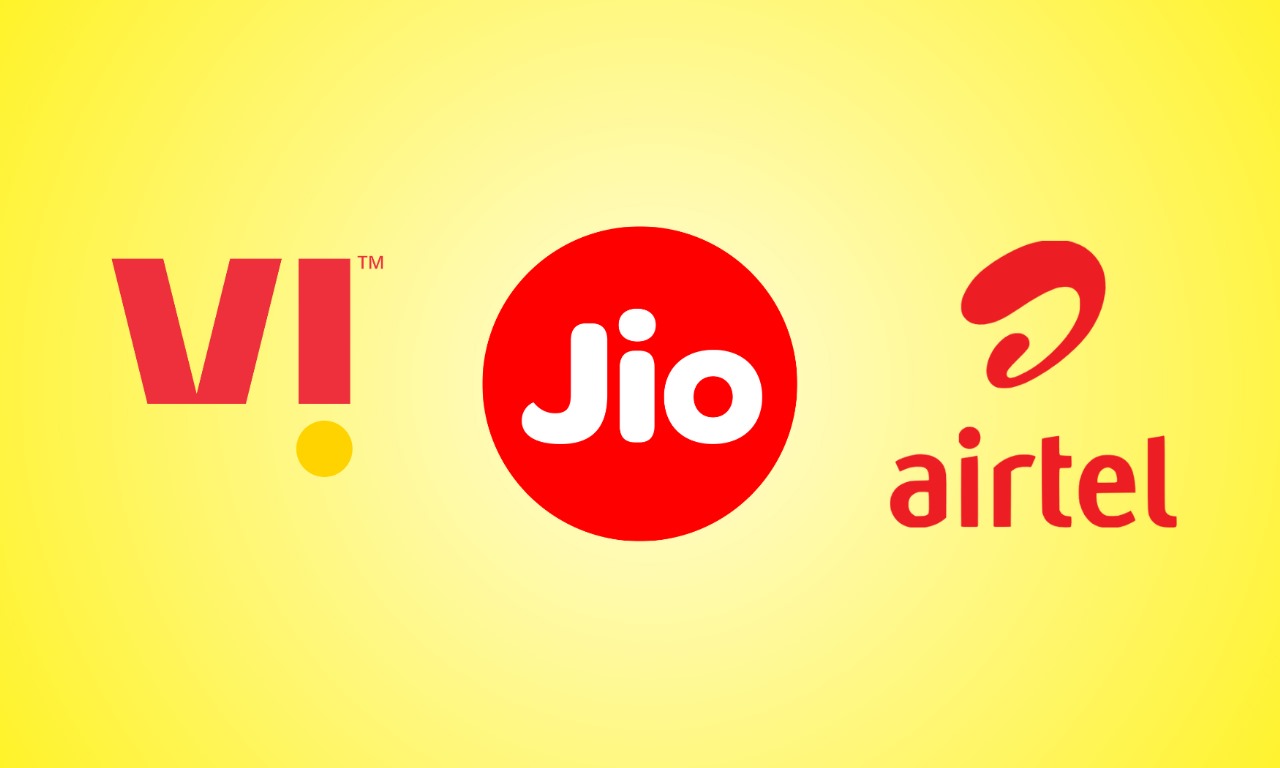Jio, Airtel, Vodafone Lose Millions as BSNL Gains Big Amid Tariff Stability

Reliance Jio and Bharti Airtel, still grappling with the impact of tariff hikes announced in July, continued to lose subscribers for the third consecutive month in September 2024.
Reliance Jio experienced the steepest decline, shedding 79 lakh wireless subscribers during the month. Vodafone Idea (Vi) followed with a loss of 15 lakh subscribers, and Airtel saw a reduction of 14 lakh subscribers, according to the Telecom Regulatory Authority of India (TRAI).
Meanwhile, the government-owned MTNL also recorded a slight decrease, losing 2,100 subscribers. In contrast, Bharat Sanchar Nigam Limited (BSNL) emerged as the only gainer, adding 8.49 lakh subscribers during the same period.
Indian Telecom Sector Sees Overall Decline
The telecom sector as a whole recorded a net loss of 1 crore wireless subscribers in September. The total active wireless user base dropped by 0.87% to 115 crore from 116 crore in August. Despite this, Jio retained its dominant market share at 40.20%, followed by Airtel with 33.24%, Vi at 18.41%, and BSNL at 7.98%.
India’s teledensity also declined, slipping to 84.69% in September from 85.43% in August.
Broadband Segment Trends
In the broadband segment, which includes both wireless and wireline connections, the total user base fell by 0.51%, decreasing from 94.9 crore in August to 94.4 crore in September.
Jio led the broadband market as well, with a commanding 50.61% market share. Airtel followed with 30.20%, while Vi accounted for 13.38%.
Mobile number portability (MNP) requests saw a significant surge during the month, with 1.33 crore subscribers applying to switch networks.
Tariff Hikes Drive Subscriber Losses
The decline in subscriber numbers can be traced back to the tariff hikes announced by telecom operators four months earlier.
Airtel raised its prepaid plan prices by up to 25%, while Jio implemented similar increases for its prepaid and postpaid plans, ranging from 12% to 25%. These price hikes have contributed to the churn observed across private telecom players.
Satcom Services: The Next Frontier
Amid these challenges, telecom operators are focusing on satellite communication (satcom) services as the next big growth area. In October 2024, the Department of Telecommunications (DoT) provisionally allocated satellite spectrum to Airtel-backed OneWeb and Jio’s Orbit Connect India for testing purposes.
Both Airtel and Jio plan to integrate satcom services with their existing operations.
Bharti’s OneWeb has expressed readiness to roll out services, pending government approval for commercial operations. Similarly, Jio is advancing its satcom initiatives to enhance profitability, reach underserved rural areas, and diversify its offerings.
BSNL Stands Out Amid Industry Losses
Defying the broader industry trend, BSNL’s subscriber addition of 8.5 lakh users highlights its success in leveraging affordable plans and improving rural connectivity.
The state-owned company’s performance contrasts sharply with Jio’s massive loss of 79.7 lakh subscribers and Airtel’s 14.3 lakh subscriber decline, despite Airtel’s strong focus on service quality and 5G network improvements.
Vodafone Idea also continues to struggle, losing 15.5 lakh subscribers in September, underlining its ongoing fiscal constraints and inability to retain its user base.
TRAI Initiatives to Address Spam and Telemarketing
TRAI’s recent efforts to curb spam calls and unregistered telemarketers appear to be yielding results. Complaints related to unsolicited calls fell by 20% between August and October 2024, dropping from 1.89 lakh to 1.51 lakh.
This improvement follows a TRAI directive issued in August to combat promotional calls from unregistered sources and enforce a two-year blacklist for violations.
To further support businesses and telemarketers, TRAI has been hosting webinars to promote the use of the 140-series for calls and the adoption of Distributed Ledger Technology (DLT) for message tracing.
These sessions have attracted over 1,800 participants, including representatives from regulatory bodies such as the Reserve Bank of India and the Securities and Exchange Board of India. So far, more than 13,000 entities have registered with telecom service providers under this initiative.









